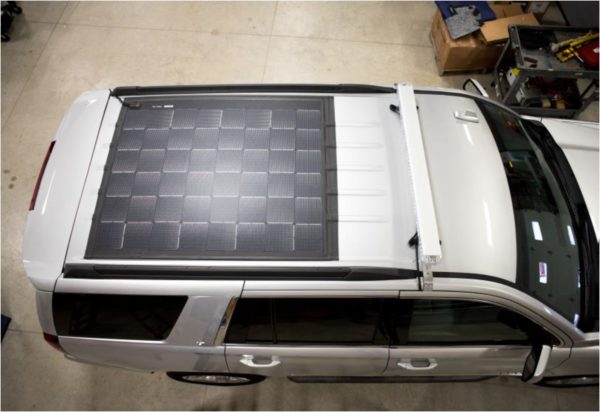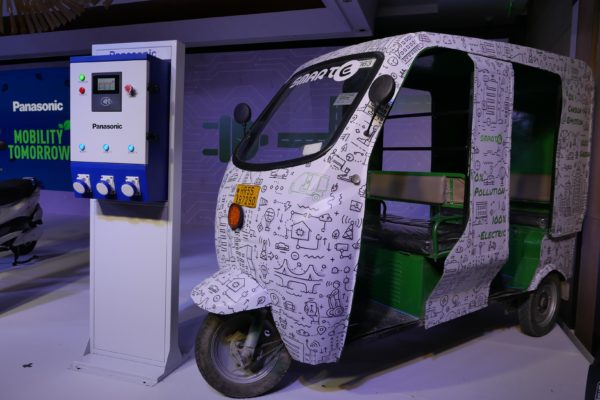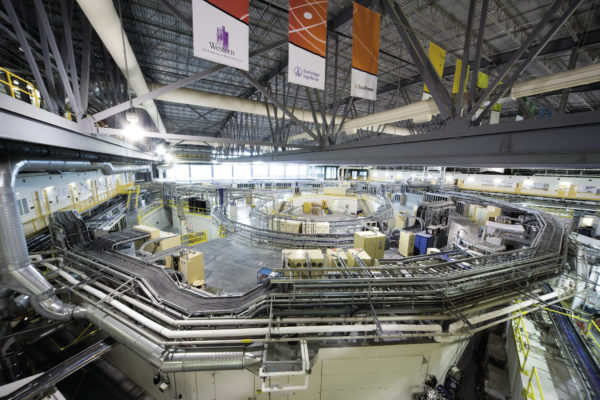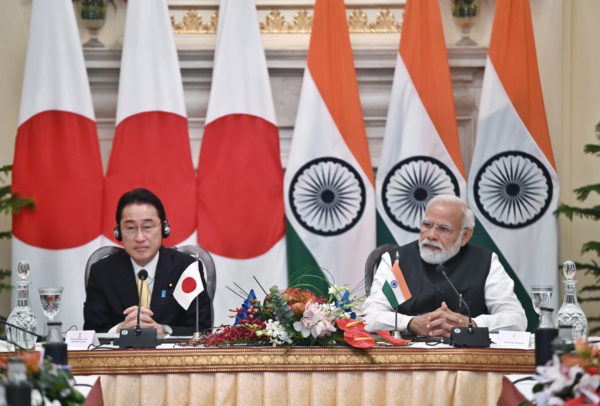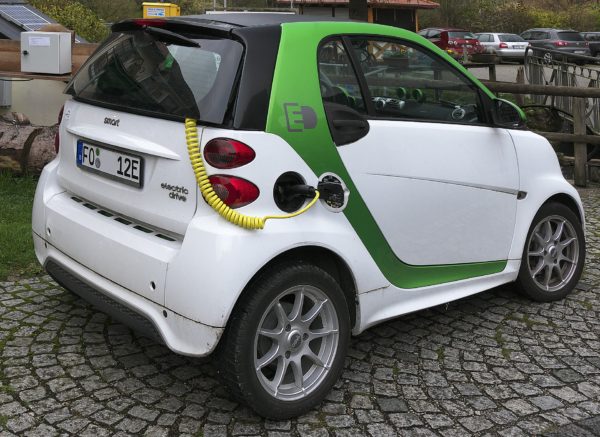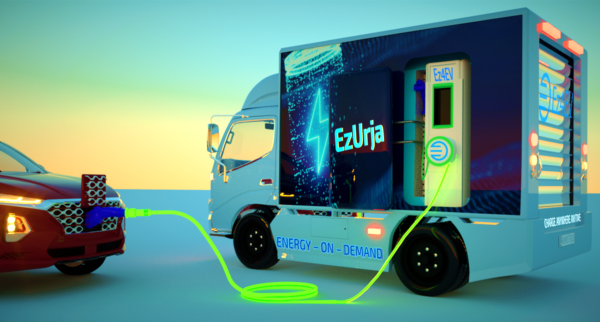Search Results for "electric vehicles"
Press Release
Aug 02, 2022
An expert committee was constituted with independent experts from DRDO,…
Press Release
Aug 02, 2021
Tata Steel has contracted for 27 EVs, each with a…
Press Release
Oct 19, 2023
The rectifier unit is an integral component of the CCS2…
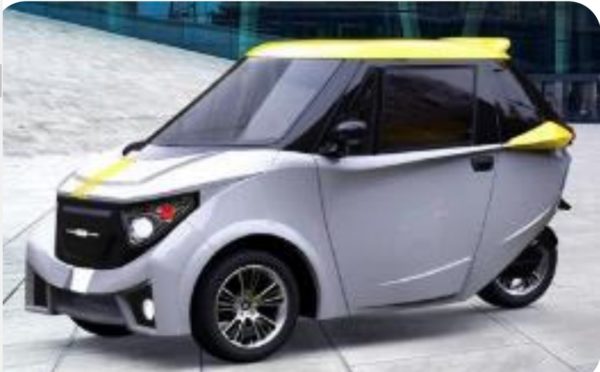
Article
Aug 04, 2022
The Ahmedabad-headquartered renewable energy solution provider will establish a plant…
Press Release
Jan 10, 2020
Having clocked 100 million ekms, with over 500 Mahindra EVs…
Press Release
Jun 30, 2021
The new vehicles are expected to reduce 15,000 tonnes of…
Filter Results
